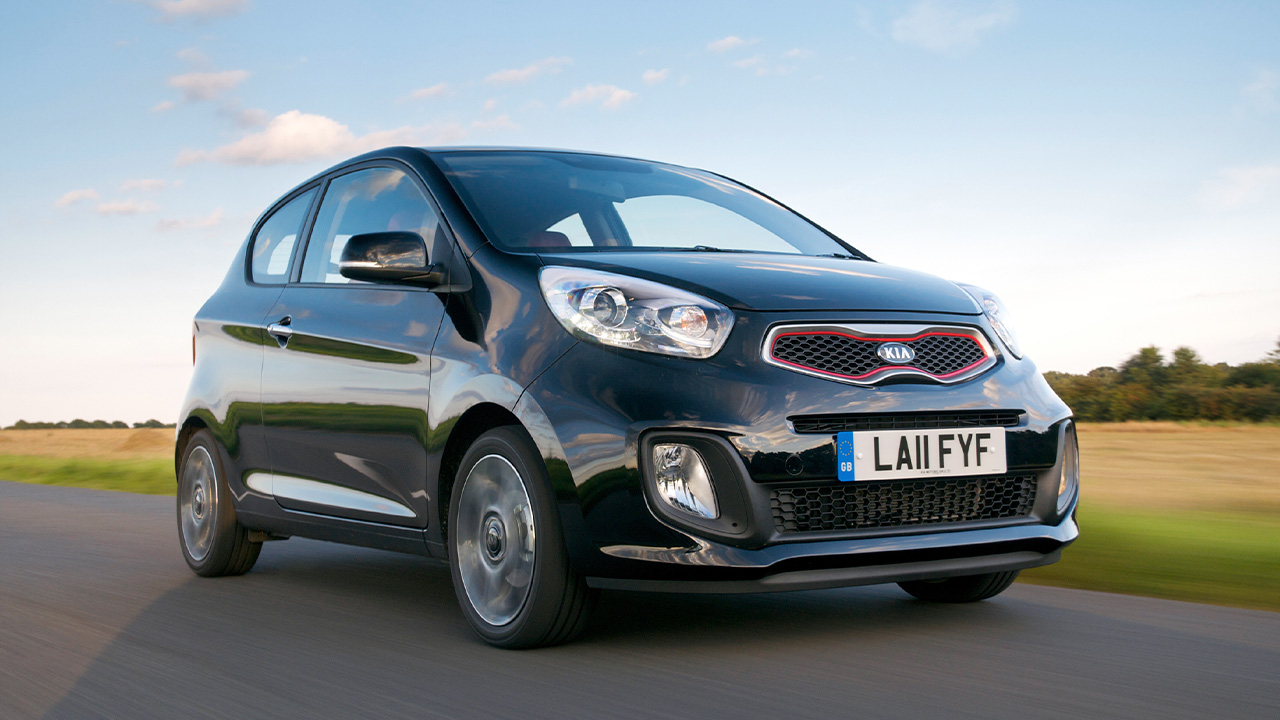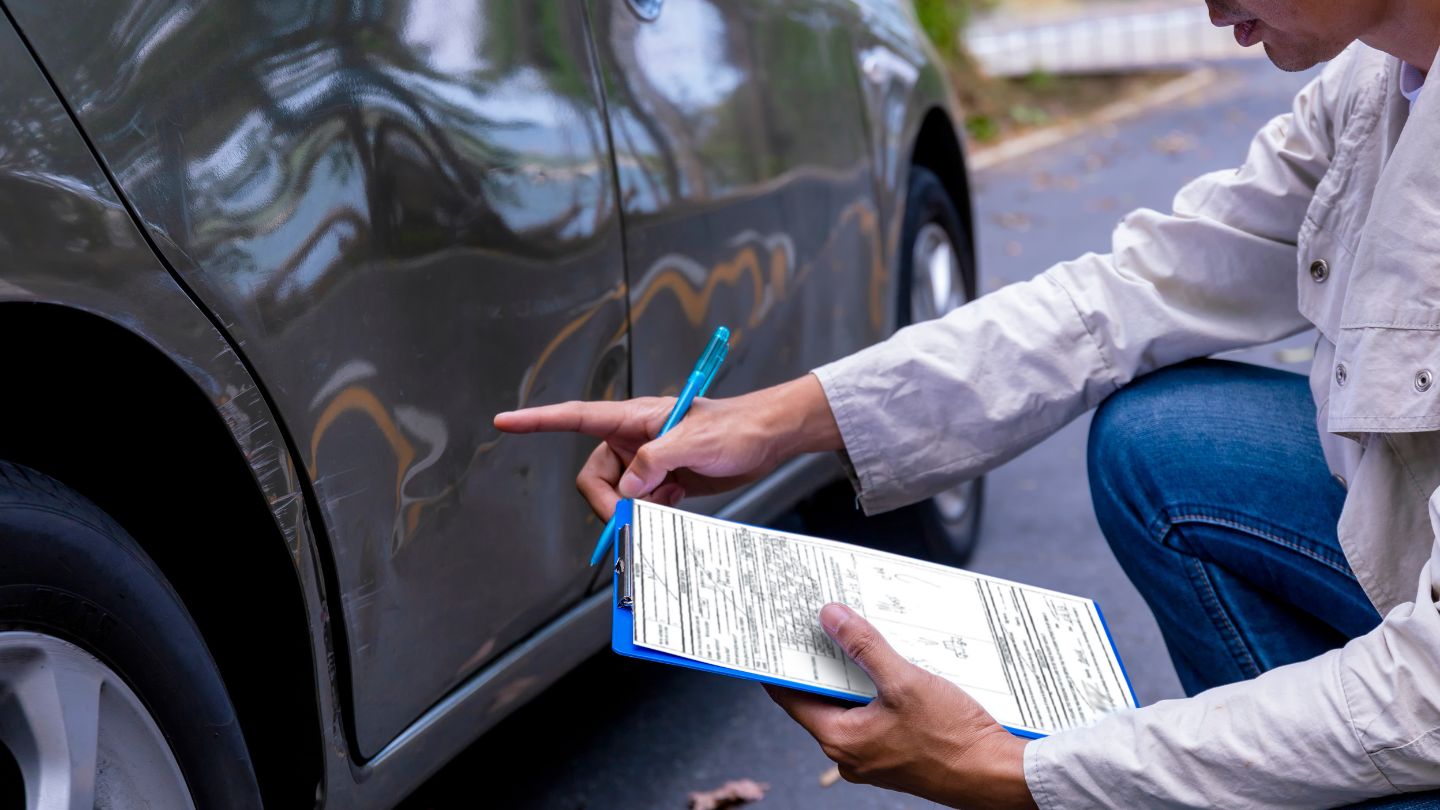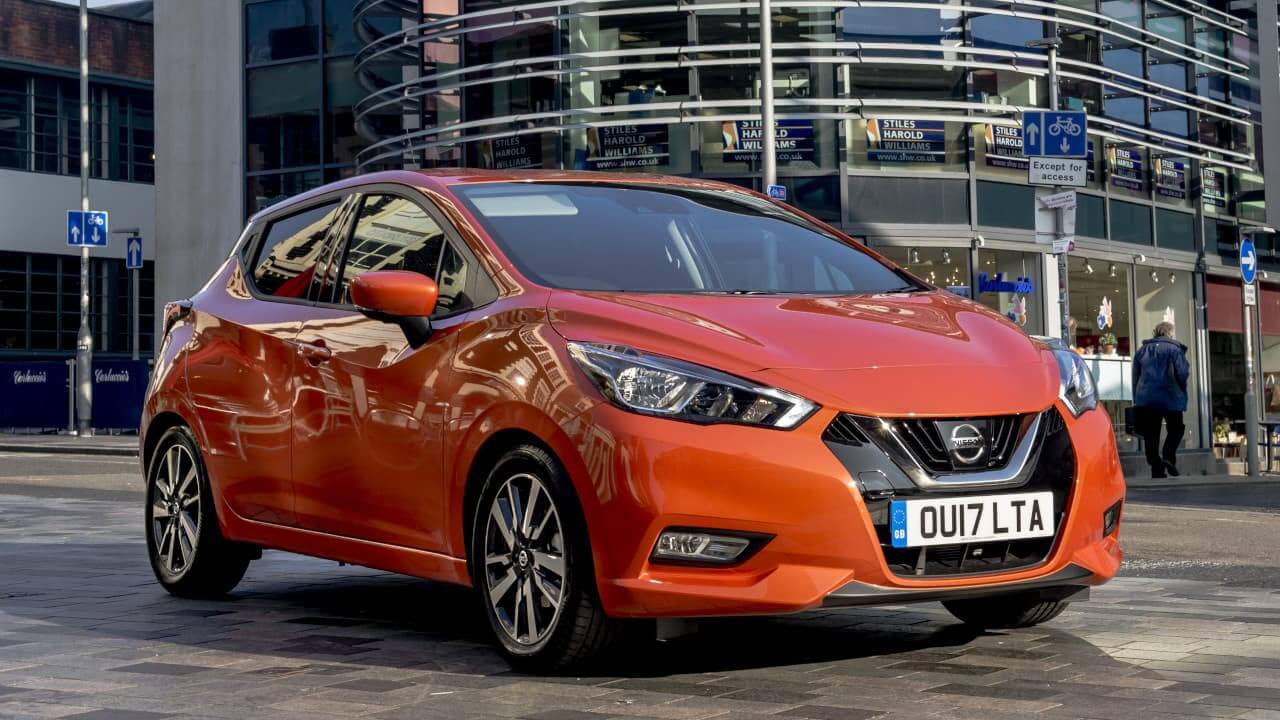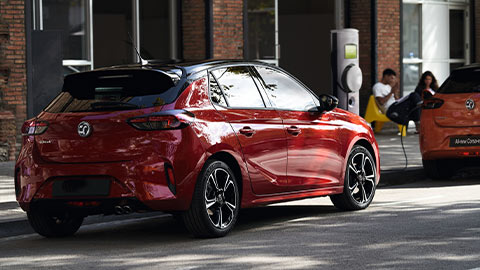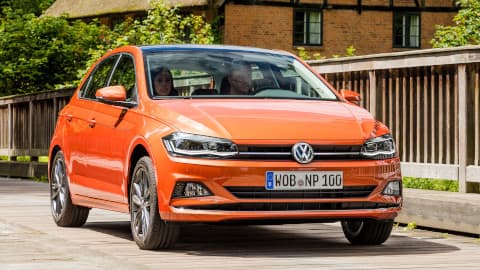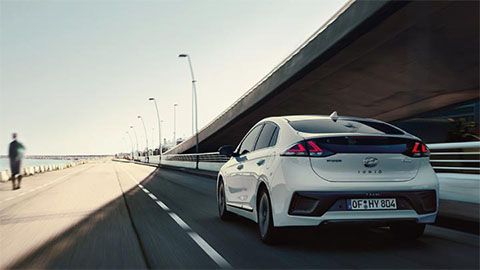How to lower car insurance
Finding an affordable car insurance quote can often feel challenging, especially with prices fluctuating each year. Many drivers are surprised by their renewal quotes, which can be higher even if they haven’t made any claims. This is why so many motorists are continually searching for ways to lower their insurance premiums.
Fortunately, there are proven strategies to help you save on car insurance without sacrificing coverage. By understanding what affects your premiums and taking a few smart steps, like shopping around and adjusting your policy, you can significantly reduce your costs.
In this guide, we’ll explore 10 ways to help make your car insurance more affordable, allowing you to stay protected while keeping your budget in check.
Contents
- Choose an affordable car
- Lower your mileage
- Spend time finding the right quote
- Consider additional drivers
- Pay annually
- Increase your voluntary excess
- Reconsider optional extras
- Consider your level of cover
- Avoid modifications
- Consider an advanced driving course
- Frequently asked questions
Choose an affordable car
It may seem like an obvious one, but it's important to note that one of the easiest ways to reduce your insurance is by selecting an affordable vehicle. If you're open to a wide range of vehicles while you're in the market for a new or used car, choose carefully to select a more affordable option.
Insurance companies base their rates on a variety of factors, including the make and model of your car, its age, and the cost of repairs or replacement. Generally, cars with lower purchase prices, modest performance, and a strong safety record tend to come with lower insurance costs.
Sports cars, luxury vehicles, or models with expensive parts often lead to higher premiums due to the increased risk of accidents, theft, and costly repairs. On the other hand, reliable, mid-range cars—especially those with advanced safety features—can save you money not only on insurance but also on long-term maintenance.
Consider checking a vehicle's insurance group rating before you buy, as this helps insurers determine your premium, and opting for a lower-rated car can make a significant difference in your overall insurance costs.
Lower Your Mileage
One of the determining factors insurers consider when calculating insurance costs is how many miles drivers travel each year. The more miles you put on your car, the higher your risk of accidents and wear-and-tear, which can lead to increased insurance costs.
Though it may not be possible for those who make long-distance commutes regularly, drivers who can reduce their mileage, even slightly, could see noticeable savings.
If you're able to, consider carpooling, using public transport, or working from home to reduce your annual mileage. Some insurance companies even offer policies specifically designed for low-mileage drivers, so it’s worth checking if you can switch to one of these plans.
Spend time finding the right quote
Comparing insurance quotes is an important step in finding the best deal on your car insurance. Each insurer uses different criteria to set their rates, so you'll find it beneficial to shop around and gather quotes from multiple providers.
By doing this, you can identify which company offers the most competitive rate for the coverage you need.
Don’t settle for the first quote you receive; instead, take the time to compare the details of each policy. Look at factors like coverage limits, deductibles, and any additional benefits or discounts offered.
Online comparison tools can streamline this process, making it easier to find a quote that fits your budget.
Consider Additional Drivers
Adding additional named drivers to your insurance policy can sometimes result in lower premiums, especially if they have a clean driving record. Some insurers offer multi-driver discounts, which can reduce the cost of your policy if you include other members of your household, such as a spouse or children.
When considering adding additional drivers, keep in mind that their driving history and vehicle use will impact your overall premium. Ideally, add drivers with a good driving record and low-risk profiles to maximise your potential savings. However, be sure to assess how adding each driver affects your premium, as it might not always result in savings if their driving history is less favourable.
Pay Annually
Many drivers choose to spread the cost of their car insurance over monthly payments for convenience and to avoid taking out a lump sum. However, this is often met with a financing fee, which increases the total cost of your policy over the year.
By paying upfront annually, you avoid these additional fees and may also benefit from a lower overall premium. Plenty of insurance providers offer a discount for paying the full premium upfront, as it reduces their administrative costs and provides them with immediate income.
If you find paying your insurance annually challenging, consider setting aside a portion of your budget each month to cover the annual payment when it’s due. This approach allows you to take advantage of the discount without straining your finances.
Increase your voluntary excess
Your excess is the amount you agree to pay out of pocket before your insurer covers the rest of a claim. By increasing your voluntary excess, you take on more of the financial responsibility in the event of a claim, which can in turn lead to reduced premiums.
When deciding on your excess amount, consider your financial situation and how much you can comfortably afford to pay in the event of a claim. A higher excess typically results in lower monthly or annual premiums, but it’s essential to strike a balance between saving on premiums and ensuring you can manage the excess amount if you need to make a claim.
Be sure to review your policy terms and check how increasing your excess impacts your premium. This strategy can be particularly useful if you have a clean driving record and feel confident in your ability to manage potential out-of-pocket expenses.
Reconsider Optional Extras
When it comes to car insurance, optional extras can significantly increase your premium. These extras might include coverage for roadside assistance, rental car reimbursement, or personal belongings in your vehicle. While these additions can be valuable, they often come with a higher cost.
Carefully evaluate which optional extras are truly necessary for your situation. For example, if you already have a roadside assistance plan through another provider, you might not need this feature in your insurance policy.
Similarly, if you rarely use rental cars, you might choose to avoid rental car coverage. This is usually provided after you've got rid of the car, and the insurance company covers the cost for you so that you're mobile, but you may opt against it should you have alternative methods of transport.
Consider your level of cover
Adjusting your level of cover can help lower your car insurance premium. Insurance policies vary from basic to comprehensive, each affecting your premium differently:
- Third-Party Only: Covers damage to other vehicles and property, but not your own car. This option is typically the most affordable.
- Third-Party, Fire, and Theft: Includes protection against fire and theft in addition to third-party damage. More coverage than basic, but still less expensive than comprehensive.
- Comprehensive: Offers the most extensive protection, including damage to your own vehicle, but typically comes at a higher cost.
Avoid Modifications
Modifying your car can increase your insurance premium, as changes to the vehicle can make it more expensive to repair or more attractive to thieves. Modifications like engine upgrades, custom paint jobs, or adding spoilers are often seen as increasing the risk for insurers.
If keeping insurance costs low is a priority, it’s best to avoid unnecessary modifications. Stick to the manufacturer’s original specifications, as this typically results in cheaper premiums and fewer complications when making claims. If you do modify your car, always inform your insurer to avoid invalidating your policy.
Consider an advanced driving course
Completing an advanced driving course can help reduce your car insurance premium. These courses teach techniques to improve your driving skills and lower your risk of accidents, which makes you a less risky driver in the eyes of insurers.
Many providers offer discounts to drivers who complete recognised advanced driving programs, such as Pass Plus or IAM RoadSmart. By investing in one of these courses, you not only improve your road safety but can also benefit from long-term savings on your car insurance.
Frequently asked questions
Cars in insurance group 1 are typically the cheapest to insure, as they are low-risk, affordable to repair, and often have good safety features.
Electric car insurance can be more expensive due to higher repair costs, but government incentives and growing competition may help bring premiums down.
Yes, insurance is often cheaper for older cars because they typically have a lower market value and cost less to repair or replace.
Your credit score can impact your car insurance, especially if you choose to pay monthly. Insurers may use credit checks to assess financial reliability, and a lower score could result in higher interest rates on monthly payments. However, it doesn't directly impact the premium itself if you pay annually.


